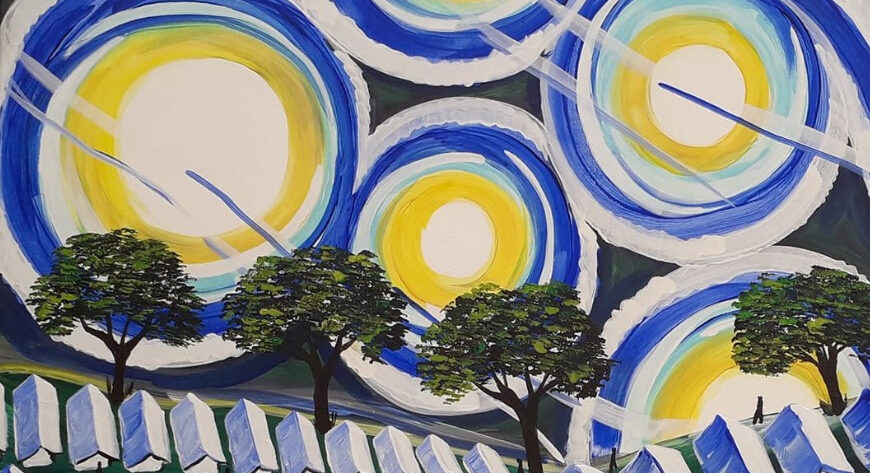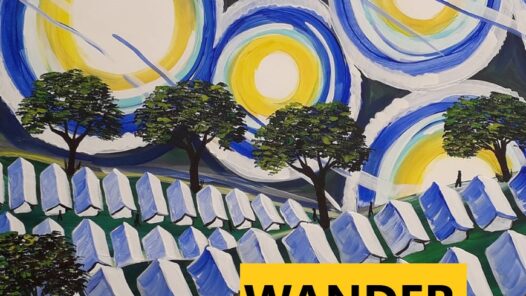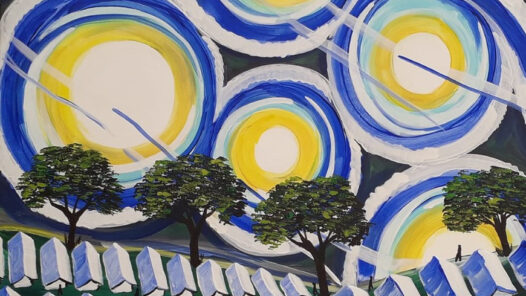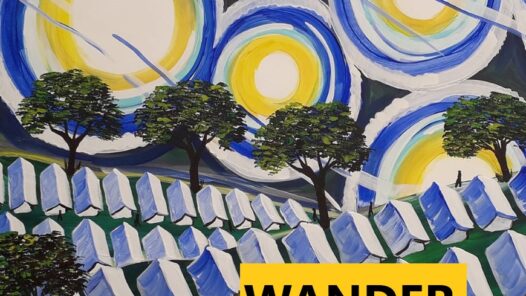Mayyu Ali’s poetry book, ‘Exodus – Between Genocide and Me’ describes his experiences and his journey escaping to the relative safety of Coxs Bazaar refugee camp in Bangladesh.
Around 700,000 Rohingya people fled in 2017, joining about 300,000 Rohingya men, women and children who had arrived after fleeing earlier waves of violence. Mayyu is one of the people who escaped in 2017.
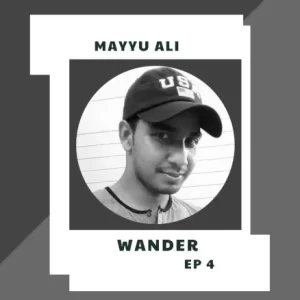
We talk about the importance of poetry in Myanmar’s culture, some of the earliest influences on his writing, and the difficulties of writing about ongoing trauma.
He describes his poetry as ‘replete with the suffering and despair of the Rohingya people in displacement, exile and refugee camps across the world.’ But he also states: ‘It is important that genocide survivors such as myself are not seen as merely victims, dependent only on others to take up our cause on our behalf.’ ‘I am a survivor’, he says, in one of his poems – ‘not a victim. I am a hero, not a virus.’
His poems are deeply unsettling because they’re all based on real events that have happened not just in history, but only a few years ago – and continue to happen.
He reads several of his poems, including ‘Crimes of Humanity’, which is based on an account from a survivor of the Chut Pyin Massacre. (In 2017 the Burmese military completely destroyed the village of Chut Pyin and murdered 358 people.)
Mayyu Ali is very vocal about the fact that another part of the genocide of the Rohinga people involves destroying their language and culture and he’s fought against this by setting up a school in the refugee camp – and a writers group with young people there. The Art Garden Rohingya is the first Rohingya community-led online art website to promote Rohingya art and culture and support Rohingya writers and artists.
He also told me about a teacher who’d been a huge influence on him – Saya Ali Ahmed who’d also been forced to flee to Bangladesh where he continued to teach hundreds of students over the years, in the camp.
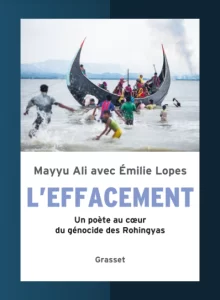
He’s also just released with Emilie Lopes, in French, ‘Erasure: A Poet At the Heart of the Rohingya Genocide’ (published by the French publisher, Grasset) @mayyali
And check out this video The Art Garden Rohingya made with their poems.
